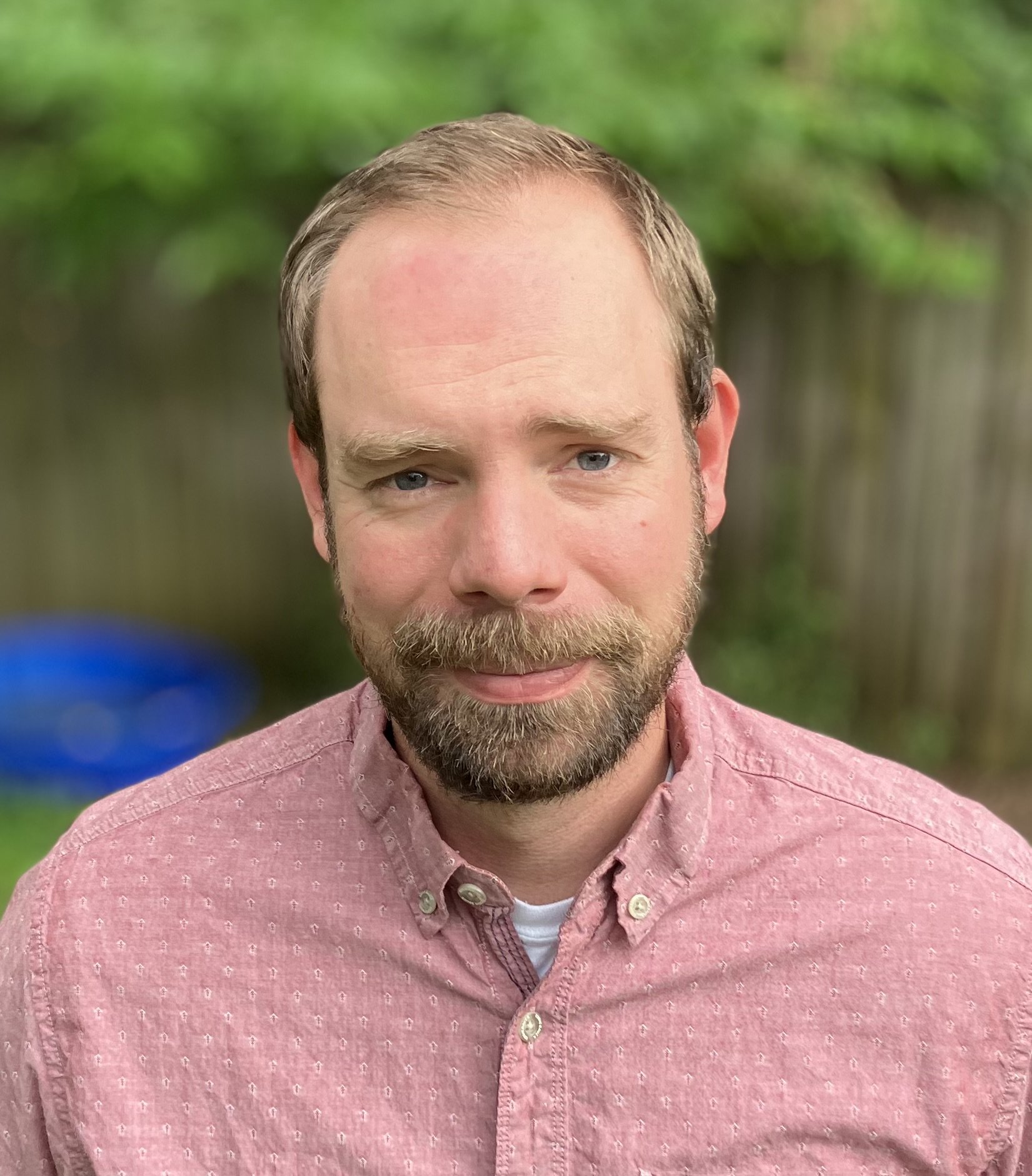CoSMoS
Coastal Groundwater Hazards with Rising Seas
Puget Sound Virtual Workshops
Two sessions held virtually on Zoom:
August 6, 2024 | 9:00 - 11:30 am
September 12, 2024 | 9:00 - 11:30 am
As sea levels rise, the shallow groundwater table in coastal communities will also rise. This slow but chronic threat can flood communities from below, damaging buried infrastructure, flooding below-grade structures, reducing storm sewer capacity, liberating pollutants, compromising foundations, and emerging above ground as an urban flood hazard that can amplify overland storm flooding. As communities develop climate adaptation plans to address sea level rise and extreme storm events, it is important to consider this additional hazard.
These workshops:
Provided an overview of the USGS Coastal Storm Modeling System (CoSMoS) groundwater hazard products and their uses, which are now available for all Puget Sound shorelines.
Gave examples of how these products have been used for shoreline adaptation planning in California.
Guided attendees to explore the CoSMoS groundwater tools in a hands-on demonstration.
Collected feedback about how to make these tools more useful for shoreline and coastal planning.
Workshop materials
Webinar Recording - August 6th session
You can view CoSMoS coastal groundwater information on the USGS Hazard Exposure Reporting and Analytics (HERA) web tool at usgs.gov/apps/hera.
Presenters’ slides:
CoSMoS overview - Patrick Barnard
Groundwater modeling and interpretation - Kevin Befus
California user example - Katie Fallon
Live HERA demonstration - Maya Hayden - see Webinar Recording (starts at 57:00)
Groundwater hazards wrap-up, future CoSMoS products, online resources - Maya Hayden
Watch the recording above or on YouTube: www.youtube.com/watch?v=nLnB12feju8
Speakers bios:
Dr. Patrick Barnard has been a Research Geologist with the USGS Pacific Coastal and Marine Science Center in Santa Cruz (CA) since 2003, the Project Chief for the Coastal Climate Impacts Project for the last decade, and Co-Developer of the Coastal Storm Modeling System (CoSMoS). His research focuses on coastal hazards driven by storms and sea level rise across U.S. beaches and estuaries. Patrick serves on numerous regional, national, and international scientific review panels related to climate change and coastal hazards, and has advised members of the U.S. Congress and Cabinet. He was an author for the Coastal Effects Chapter of the 5th National Climate Assessment and currently co-chairs the Scientific Task Force to update California’s sea level rise guidance.
Dr. Kevin Befus is an assistant professor in the Department of Geosciences at the University of Arkansas. Dr. Befus began his faculty career in the Department of Civil and Architectural Engineering at the University of Wyoming. Dr. Befus was a Mendenhall Post-doctoral Fellow at the U.S. Geological Woods Hole Survey Coastal and Marine Science Center. The academic path to these positions started at Wheaton College, IL, followed by a M.S. in Geological Sciences at the University of Colorado in Boulder, CO and a Ph.D. in Geological Sciences at the University of Texas at Austin. Dr. Befus studies a wide range of hydrologic problems focused on how groundwater systems interact with changes at and near the land surface, ranging from the coast to mountainous continental interiors and extending as far back as the Last Glacial Maximum.
Katie Fallon is an Environmental Scientist on the Adapting to Rising Tides team at the San Francisco Bay Conservation and Development Commission (BCDC). Born and raised in Seattle, Katie received a Masters of City and Regional Planning from the University of California, Berkeley and has previously worked for the New York City government in maritime and waterfront planning. She is an expert in GIS, and passionate about creating equitable and adaptive shorelines that work for both people and the environment.
Dr. Maya Hayden is an Environmental Scientist and Director of Outreach and Engagement for the USGS Pacific Coastal and Marine Science Center in Santa Cruz, California. Her primary role is as a bridge between USGS coastal hazards science and decision-making audiences. She develops and leads collaborative, interdisciplinary stakeholder engagement efforts to ensure that USGS coastal hazards science is actionable and centered on the needs of end-users. She has extensive experience building capacity to plan for and adapt to climate-driven coastal hazards. She holds a Ph.D. in Environmental Science, Policy, and Management from the University of California, Berkeley and an M.S. in Biology from Stanford University.
Do you work with a team that would benefit from a briefing and demonstration of the CoSMoS groundwater products? You can schedule a time for the CoSMoS team to meet with your team. Please email Chandler Countryman (ccount@uw.edu) to learn more and request a group training.
Have comments, questions, or an idea for a meeting?
Contact Sydney Fishman, sfishma@uw.edu.





